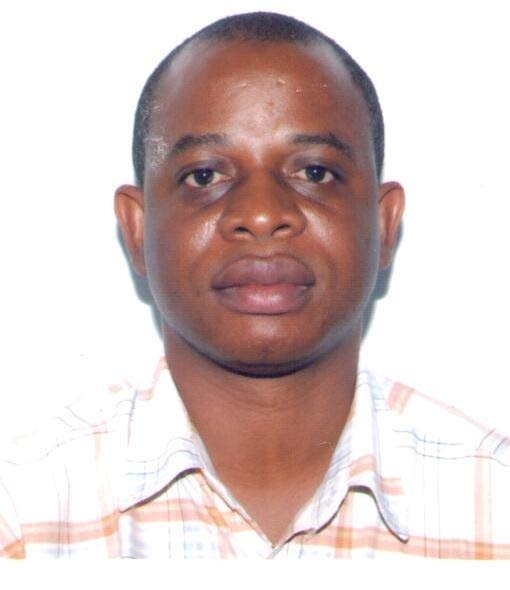Managing nosebleeds

Dr Maxwell Adeyemi
Epistaxis, otherwise known as nose bleeding, could be terrifying, challenging and emotionally tasking to patients.
Epistaxis is an acute haemorrhage from the nostril, nasal cavity or naso-pharynx which occurs in about 60 per cent of the population but usually does not lead to massive bleeding or death.
The human nose is very rich in blood vessels. Owing to the position of the nose – right in the middle of the face – most of us will have had at least one episode of nose bleeding at some point in our lives, Bleeding occurs when the inner surface of blood vessels (mucosa) is eroded and vessels become exposed and subsequently break.
Nose bleeds are seldom a cause for alarm but can be life threatening in rare cases, Spontaneous nose bleed is fairly common especially in children, when the mucous membrane inside the nose dries, crusts or cracks and is then picked. Since the nose is full of blood vessels and is located in the middle of the face, any minor injury to the face can cause the nose to bleed profusely.
Nose bleeds are also common in people taking anti coagulants (blood-thinning) medications such as Aspirin, Xarelto and Warfarin, people with high blood pressure, and in older people whose blood may take longer to clot.
TYPES
There are generally two types of nose bleeding.
1. Anterior nose bleed makes up more than 90 per cent of all nose bleeds. The bleeding usually comes from a blood vessel at the front part of the nose, Anterior nose bleeds are usually easy to control, either by measures that can be performed at home or by a doctor. This type occurs in both young and old and is usually not life threatening.
2. Posterior nose bleeds are less common, they tend to occur more in elderly people. The bleeding usually come from an artery in the back part of the nose, this type of nose bleed is more complicated and usually requires admission to hospital and management by an otolaryngologist (an ear, nose, and throat (ENT) specialist). This type occurs mostly in adults over 40 years, and causes include hypertension, arteriosclerosis etc and it's usually severe and demands immediate attention.
CAUSES
1. Local causes
• Chronic sinusitis
• Epistaxis digitirum (Nose picking).
• Foreign body in nose
• Intra nasal neoplasm/tumours or polyps
• Chemical irritants
• Topical medications especially sprays applied directly to the nose.
• Rhinitis
• Trauma injuries to nose, as readily occurs in boxing and other contact sports.
2. Systematic causes owing to underlying medical problems:
• Hypertension
• Arteriosclerosis
• Blood diseases- such as haemophilia (inability of the blood to clot)
• Leukaemia
• Liver disease – liver cirrhosis, alcoholic liver disease.
• Platelet dysfunction (thrombocytopenia)
• Certain medications-Aspirin, warfarin, non-steroidal anti-inflammatory drugs (pain killers)
3. Environmental causes
• Allergens
• Humidity
4. Idiopathic
A child or adult that suffers from nose bleed would require some tests to unravel the possible cause. The cause will then determine what further action to be taken, sometime there are need for a multidisciplinary approach with an ENT surgeon and occasionally a neurosurgeon to assist, and in certain cases the help of a haematologist will be needed to manage these cases.
TREATMENT
The flow of blood normally stops when the blood clots. To encourage blood clotting:
• Pinch the upper fleshy part of the nose for 5-20 minutes.
• Tilt head forward and elevated but not hyper extended (as hyperextension may cause blood to get into the pharynx and aspiration may occur).
• Use of vaso-constrictive agents like gauze moistured in epinephrine to stop bleeding.
• Other methods of treatment may include: balloon packing, cauterization of blood vessels, laser therapy and embolization
PREVENTION
Certain precautions can be taken to reduce the risk of epistaxis:
• Maintaining a cooler house
• Using vaporizer to return humidity and moisture to the air.
• Nasal saline spray and water-soluble jelly (especially in dry and harsh weather)
• Avoid nose picking or blowing the nose too vigorously.
• Avoid digital manipulations of the nose using fingers or other instruments.
• Keep allergic rhinitis under control.
Nose bleed can be scary in many persons and it is advised that you seek medical advice if you or your loved one experiences this medical condition.
Contact Dr Maxwell on 363-1807 or 757-5411.


Comments
"Managing nosebleeds"